| |  | | | Fall MEQ; Iranian Malevolence; News from Campus; India & the Eastern Mediterranean By Winfield Myers ● Sep 05, 2025 Smart Brevity® count: 7.5 mins...1999 words The Fall 2025 Middle East Quarterly is out today and we will feature a Quarterly article per Dispatch over the next several issues. We begin with an in-depth look at Syria's Druze population by Yusri Hazran, who writes that the Druze and other Syrian minorities face both "the disintegration of state authority and sovereignty and the rise to power of a jihadist-led regime." Jonathan Spyer analyzes the malevolent characteristics of Iran's Islamic Revolutionary Guard Corps in light of Australia's recent decision to designate the IRGC a terrorist organization and expel the Iranian ambassador. Regarding malevolence, in part one of a two-part article, A.J. Caschetta discusses how colleges have responded to the viciously antisemitic group Students for Justice in Palestine. We also feature two articles by Abhinav Pandya on India's relations with Israel and other Eastern Mediterranean countries, Abdullah Bozkurt on Turkey's meddling in NYC's mayoral contest, and Nicoletta Kouroushi on Cyprus's expanding strategic ties to the U.S. | | Fall MEQ Explores Syria's Future, Iran's Spycraft in Sweden, the Houthi Threat, and Hizb ut-Tahrir's Playbook 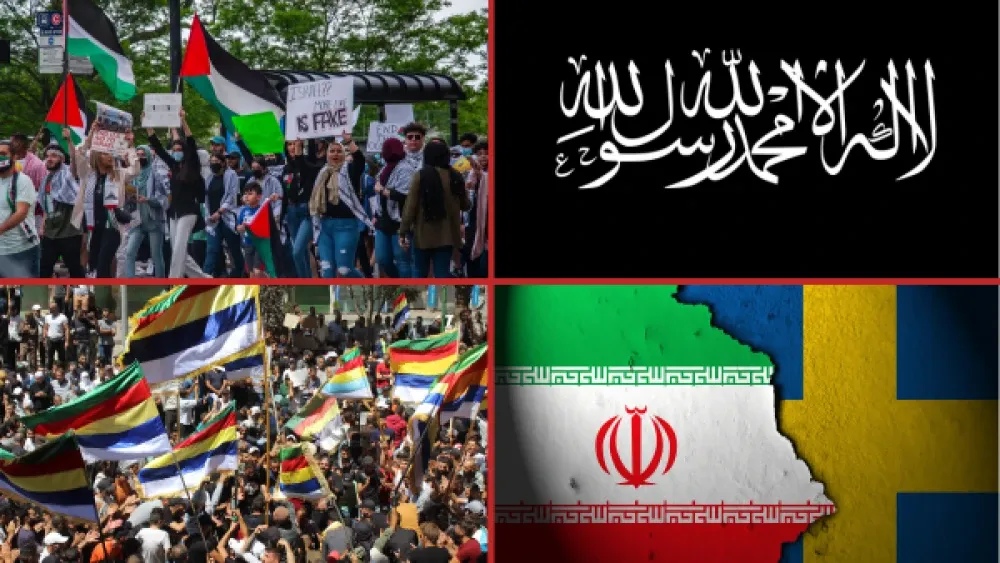 The Fall 2025 issue of Middle East Quarterly delivers crucial analysis on post-Assad Syria, Iranian operations in Scandinavia, the Houthi threat to navigation, and Hizb ut-Tahrir's ideological strategies, along with incisive book reviews. Why it matters: These topics underscore ongoing geopolitical challenges and shifts in the Middle East, affecting global security and trade. The big picture: The diverse perspectives in this issue provide a comprehensive view on current Middle Eastern dynamics, crucial for policy makers and analysts. -
Eric Navarro proposes a strategic blueprint to counter the Houthi threat in the Red Sea, vital for global trade routes. -
Arun Anand examines Hizb ut-Tahrir's non-violent yet subversive ideological insurgency posing a unique challenge. Go deeper: Book reviews by Daniel Pipes, Patrick Clawson, Martin Sherman, and others offer further insights into the region's complex narratives. To read the press release, click here; to read the new issue, click here. | | The Syrian Druze: Between the Hammer of Integration and the Anvil of Separation 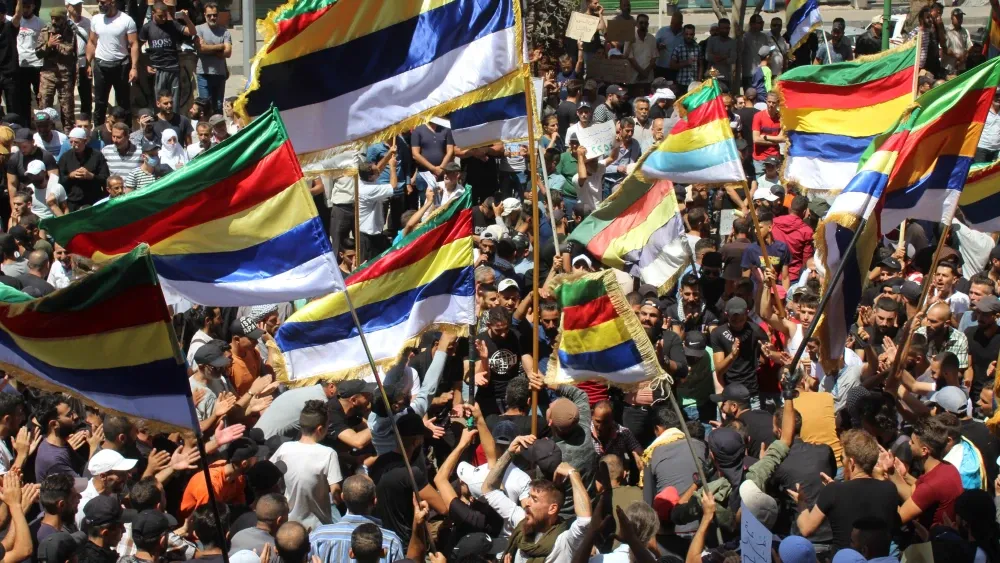 By: Yusri Hazran In this article from the new Fall 2025 Middle East Quarterly, Yusri Hazran exams how the Assad regime's collapse last December has left Syria's Druze community in a precarious position, grappling with new political realities. Why it matters: Historically, the Druze have maintained a large measure of autonomy and influence in Syria. -
With the Assad regime gone, their political future is uncertain amid the rise of a jihadist-led government. -
Their strategic location and past alliances make their position crucial in the new Syrian landscape. The backdrop: The Druze population in the Middle East, estimated at about one million, is concentrated primarily in Syria, Lebanon, and Israel. -
Druze society is often described as a model of internal social cohesion, anchored in a strong attachment to ethnic identity. -
Israel has shown ongoing interest in the Druze's security, offering support to prevent jihadist encroachment. -
This external involvement underscores the Druze's strategic importance in regional geopolitics. What's next: Never before in modern Syrian history have minorities, including the Druze, faced a dual challenge: the disintegration of state authority and sovereignty and the rise to power of a jihadist-led regime. -
Although Druze leaders have expressed a willingness to remain part of Syria, for the first time since independence, the community's bond with the homeland can no longer be taken for granted. -
The survival of the Druze in Syria now depends above all on the new regime's actions, particularly its policies regarding ethnic diversity and the protection of minority populations. To read the full article, click here. | | ICYMI – The Forum Roundtable: Islamism and Antisemitism at the United Nations The U.N. has a long and full history of anti-Israel bias which has become worse since October 7, 2023. With claims of Israeli war crimes leading to international arrest warrants and false claims of genocide and famine, the U.N. is abetting those who seek Israel's annihilation. As the U.N. General Assembly prepares for its annual meetings, what should be expected from the session with regards to Israel, Gaza, and the Middle East? Avi Bell is professor of law at the University of San Diego School of Law and at Bar-Ilan University's Faculty of Law. Anne Herzberg is an author and the legal advisor of NGO Monitor. Hillel Neuer is executive director of U.N. Watch and founding chairman of the Geneva Summit for Human Rights and Democracy. Lauri Regan is vice president and treasurer of Scholars for Peace in the Middle East. To watch the full podcast episode, click here. | | Uniquely Malevolent: Understanding the Islamic Revolutionary Guard Corps 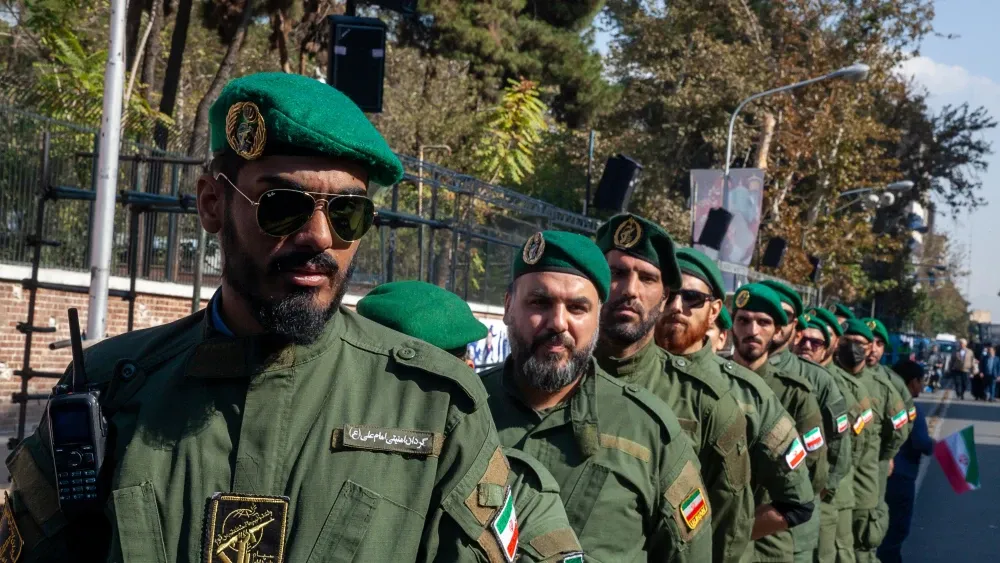 By: Jonathan Spyer Australia's government has labeled the Iranian Islamic Revolutionary Guard Corps (IRGC) as a terrorist organization and expelled Iran's ambassador, marking a significant shift in recognizing the IRGC's global threat. Why it matters: The IRGC is known for its involvement in global terrorism, including recent antisemitic arson attacks in Australia. The big picture: The IRGC operates beyond typical state or terrorist group boundaries, targeting Jewish institutions worldwide as part of its ideological mission. -
In both instances, the organization appears to have made use of local elements to carry out the attacks. -
The IRGC has in recent years been responsible for the production of violence against innocents, and misery on an industrial scale, across the Middle East and beyond it. What's next: The designation of the IRGC in Australia is hence both deserved, and long overdue. -
Hopefully, those countries which have yet to designate the organization, notably in Western Europe, will now learn from and follow the Australian example. -
Enhanced law enforcement against IRGC-aligned activities is now possible within Australia. To read the full article, click here. | | Addressing Campus SJP Problems, Part 1: Some Approaches 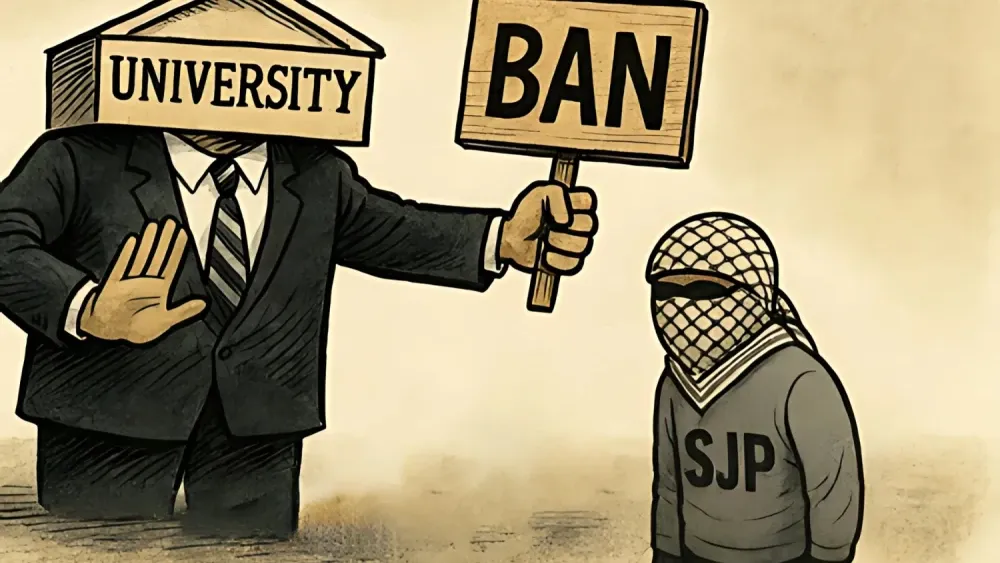 By: A.J. Caschetta As U.S. colleges resume, the battle against Students for Justice in Palestine (SJP) intensifies, influencing the atmosphere on campus. Why it matters: Universities' handling of SJP's anti-Zionist and antisemitic stance reflects their commitment to tackling antisemitism and maintaining academic integrity. -
SJP will not go away as long as there is a Jewish state, so each school must devise a plan for dealing with its recalcitrant Hamas supporters. -
As in all campaigns physical and rhetorical, weakness invites aggression. The University of Maryland's settlement with SJP for a reported $100,000 signifies an abject surrender, stirring national criticism. -
In stark contrast, institutions like Columbia, Yale, Brandeis, Georgia, Pittsburgh, and others have imposed suspensions or outright bans, signaling zero tolerance for hate. Diverse strategies: While some universities, like Adelphi, opt for temporary suspensions, others, including the University of Illinois and UCLA, enforce multi-year bans. Denial and deflection: The University of Rochester's denial of an SJP problem, despite clear evidence, raises concerns about transparency and accountability in addressing campus antisemitism. To read the full article, click here. | | New York Watchdog Puts a New Spotlight on Turkey's Meddling in NYC Mayoral Election 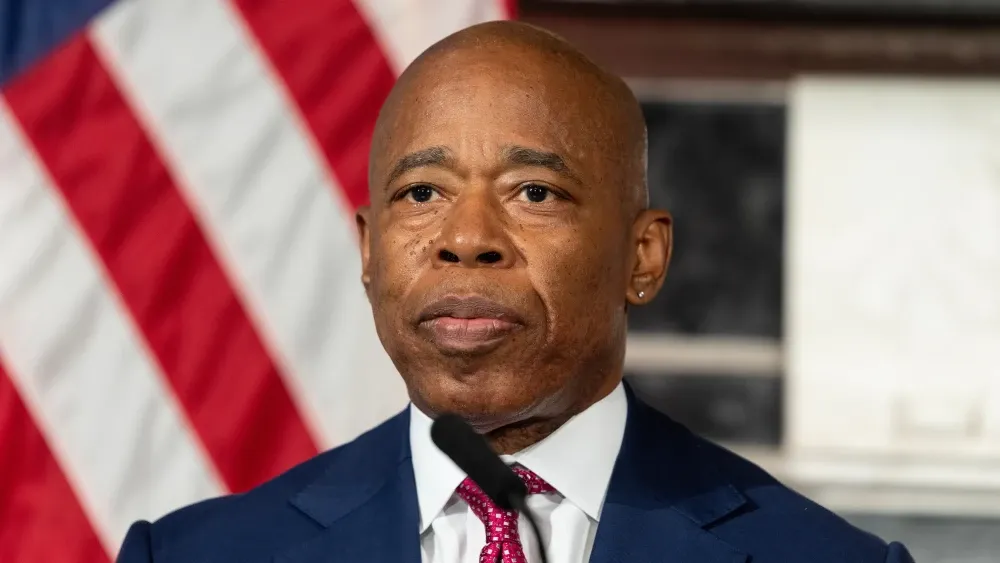 By: Abdullah Bozkurt A New York City Campaign Finance Board (CFB) notice uncovers significant foreign interference by the Turkish government, led by President Recep Tayyip Erdoğan, in NYC's mayoral election. Why it matters: The CFB's findings against Mayor Eric Adams expose a network of illicit campaign contributions tied to Turkey, threatening the integrity of the electoral process. -
Turkish businessman Arda Sayıner is identified as a key conduit for foreign funds, using multiple roles to navigate political and VIP circles. -
Allegations include Adams's acceptance of luxury travel and illegal donations via straw donors linked to Turkish enterprises. The big picture: The scandal highlights Erdoğan's regime's bold attempts to influence U.S. elections, mirroring tactics seen globally. What's next: If upheld, the CFB's decision could critically affect Adams's re-election bid, intensifying scrutiny over foreign political influence in American democracy. To read the full article, click here. | | India Pivots to the Mediterranean 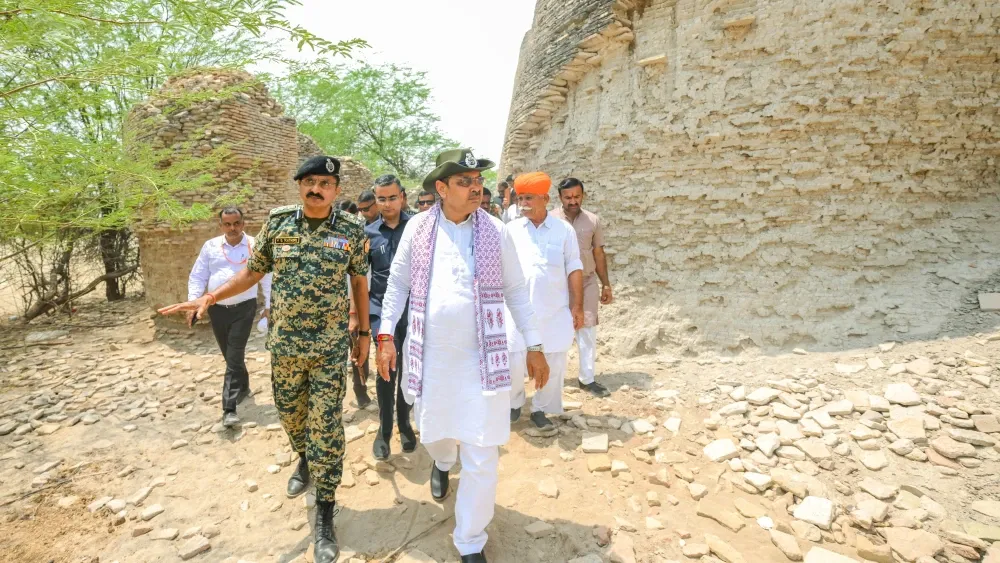 By: Abhinav Pandya India's approach to the Mediterranean is being reshaped by geopolitical factors including the India-Middle East Economic Corridor and rising Turkish influence, especially after Turkey's arms supply to Pakistan during the June 2025 conflict. Why it matters: Turkey, under President Recep Tayyip Erdoğan, is a central figure in an anti-India alliance, raising regional tensions and prompting India to recalibrate its Mediterranean strategy. -
Turkey's support for Kashmiri separatism and its defense ties with Pakistan are key concerns for India. -
Ankara's military presence in Bangladesh post-Pakistan-backed Islamist coup heightens Delhi's security worries. Strategic shift: India is strengthening ties with Mediterranean allies like Israel, Cyprus, and Greece to counter Turkey's influence. -
Recent visits by Prime Minister Modi to Cyprus and Croatia signal a deeper commitment to the region. -
Defense and intelligence cooperation with Israel and Greece is expanding, bolstering India's position. What's next: India should focus on military and intelligence elements in its Mediterranean outreach and bolster its diplomatic infrastructure in the region to counter Turkey and its allies Pakistan and Azerbaijan. -
Meanwhile, Israel, Cyprus, and Greece should seek additional opportunities for India's involvement and initiate a proactive approach with India's entry into the Israel-Greece-Cyprus trilateral (3+1) format. To read the full article, click here. | | Will U.S.-India Tension Undermine India's Relations with Israel? 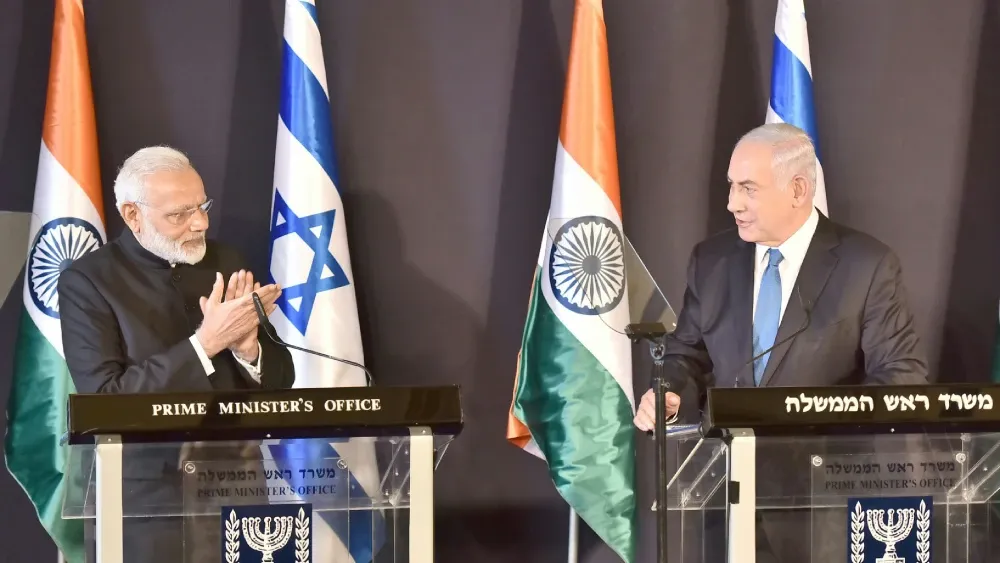 By: Abhinav Pandya India's partnership with Israel, bolstered under Prime Minister Narendra Modi, faces potential challenges due to evolving U.S.-India relations. Why it matters: The strategic partnership between India and Israel is crucial for counterterrorism and defense, but shifts in U.S. policy under recent U.S. administrations create uncertainties. Geopolitical landscape: Despite U.S. tensions, India's ties with Israel remain strong, underpinned by shared threats from radical Islam. Challenges ahead: Anti-Israel biases within India's diplomatic circles persist, influenced by Cold War legacies and Islamist pressures. Broader perspective: Strategic thinkers recognize the enduring value of the India-Israel partnership beyond current U.S. policy dynamics. To read the full article, click here. | | Why Cyprus Matters for U.S. Strategy 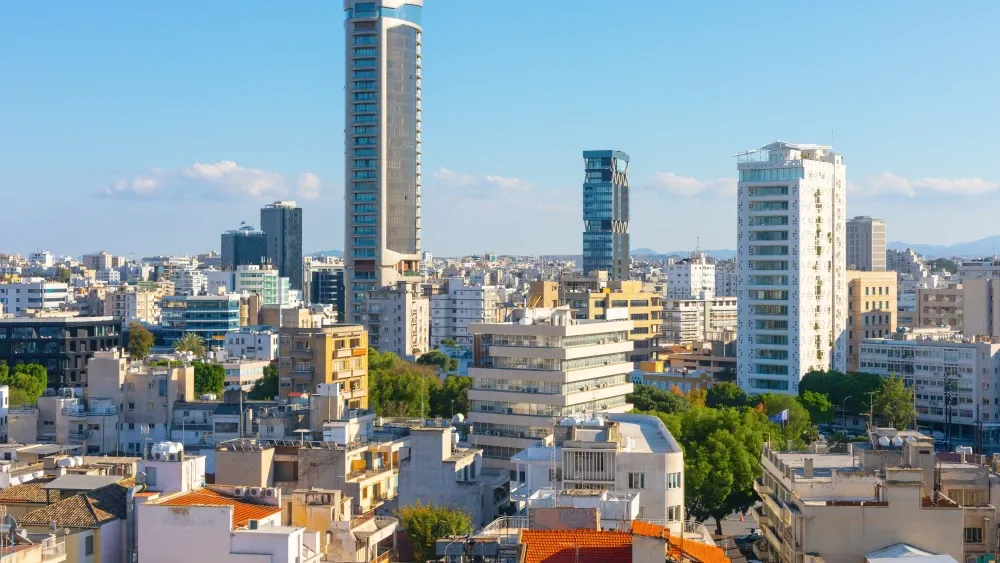 By: Nicoletta Kouroushi The United States is enhancing its partnership with Cyprus, highlighted by recent defense and civil protection collaborations. Why it matters: Cyprus serves as a strategic partner at the crossroads of Europe, the Middle East, and North Africa, offering stability and reliability for U.S. interests. -
Plans to upgrade the Andreas Papandreou Air Force Base with American support mark a significant step forward. -
Bilateral defense cooperation now extends to law enforcement and civil protection, with FBI involvement in financial crime investigations linked to Russia and the Middle East. Broader context: Cyprus's collaboration with Israel and Egypt strengthens maritime security and energy development in the Eastern Mediterranean. What's next: As the base upgrade progresses, both nations will fine-tune access and cost-sharing procedures, ensuring a robust partnership. -
Continued training and joint exercises will deepen ties, further integrating Cyprus into broader security structures. -
For both sides, moving the partnership from the aspirational to the real has become a win-win, already paying dividends. To read the full article, click here. | | We appreciate your continued support for the Middle East Forum as we deliver critical analyses on Middle Eastern affairs. If you found this edition of the Dispatch useful, please share it with others and be sure to let us know your thoughts on our coverage via the comments feature. Sincerely, Winfield Myers
Managing Editor, Middle East Forum
Director, Campus Watch | | | | Was this edition useful?  

Your email will be recorded and shared with the sender |        MEF, an activist think tank, deals with the Middle East, Islamism, U.S. foreign policy, and related topics, urging bold measures to protect Americans and their allies. Pursuing its goals via intellectual and operational means, the Forum recurrently has policy ideas adopted by the U.S. government.
Copyright © 2024 Middle East Forum, All rights reserved.
Our mailing address is:
Middle East Forum
1650 Market Street, Suite 3600
Philadelphia, PA 19103 | | | | | Powered by 
| | This email was sent by Middle East Forum via Axios HQ | | | |
0 коммент.:
Отправить комментарий